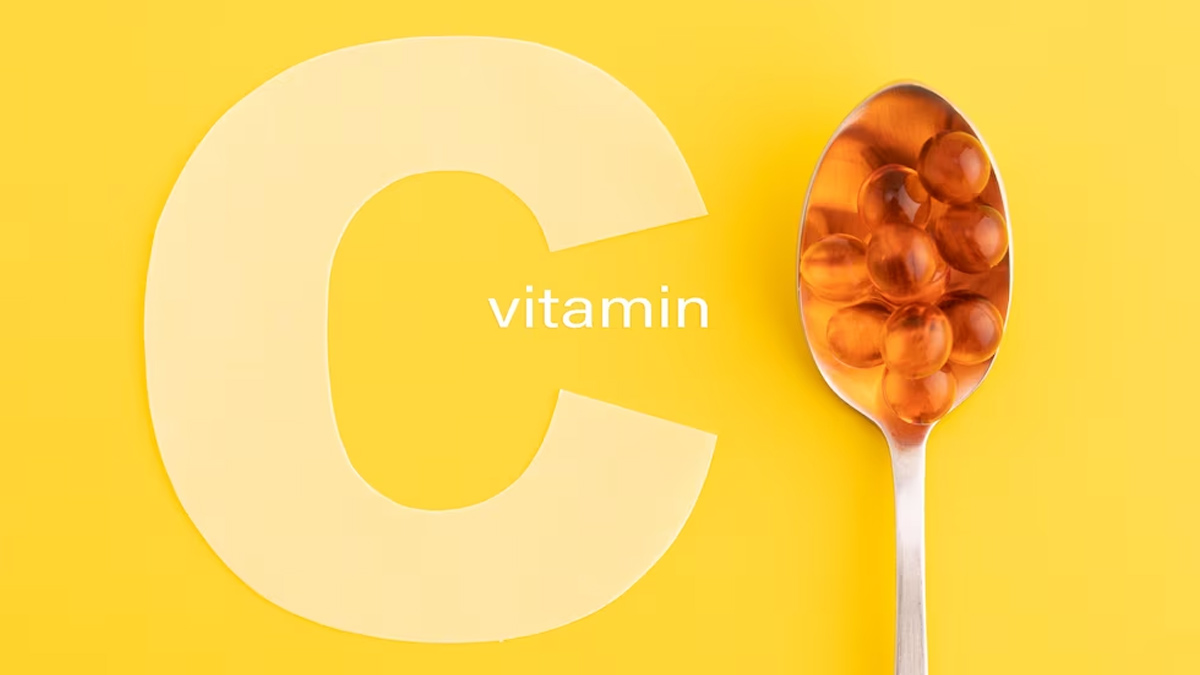
When COVID-19 shook the world, the importance of a strong immune system became the focus of attention. Vitamin C, known for its immune-boosting properties, witnessed a sudden surge in popularity. However, as time passed and the pandemic subsided, the significance of this essential nutrient seemed to fade into the background. It's crucial to recognise that vitamin C plays a vital role in maintaining overall health and being aware of the warning signs of low vitamin C levels is essential. In this article, we will explore the causes, warning signs, and foods that can help boost vitamin C in the body.
Table of Content:-
Causes Of Low Vitamin C Levels
Not following A Balanced Diet
One of the primary causes of low vitamin C levels is a diet lacking fruits and vegetables, which are the primary sources of this essential nutrient. Fast-paced lifestyles, reliance on processed foods, and poor dietary choices contribute to the deficiency.

Smoking And Alcohol Consumption
Smoking and excessive alcohol consumption deplete vitamin C levels in the body. These harmful habits increase the body's demand for antioxidants, making it more crucial to replenish vitamin C levels.
Also Read: Get Your Vitamin C Dose With These Non-Citrusy Foods
Medical Conditions
Certain chronic illnesses, such as malabsorption disorders, gastrointestinal diseases, and kidney diseases, can interfere with the body's ability to absorb and utilise vitamin C effectively.
Warning Signs Of Low Vitamin C Levels
1) Constant Tiredness
Feeling constantly tired and lacking energy may be an early sign of vitamin C deficiency. Vitamin C plays a crucial role in energy metabolism, and its deficiency can lead to fatigue and overall weakness.
2) Frequent Doctor Visit
Vitamin C is well-known for its immune-boosting qualities. According to Dr Sanchayan Roy, Senior Consultant Internal Medicine and Critical Care at the National Heart Institute in New Delhi, "A weakened immune system as a result of low vitamin C levels can make you more susceptible to infections." Slow wound healing can also be an indication of a lack of vitamin C.
3) Skin Problems
Vitamin C is essential for the production of collagen, a protein responsible for maintaining the skin's health and elasticity. A deficiency in vitamin C can lead to dry, rough, and prematurely ageing skin.
4) Poor Oral Health
Vitamin C is crucial for maintaining healthy gums and oral tissues. Low levels of vitamin C can lead to bleeding gums, gingivitis, and an increased risk of tooth loss.

Foods To Boost Vitamin C Levels
Citrus Fruits
Vitamin C is abundant in oranges, grapefruits, lemons, and limes. Include these fruits in your daily diet to boost your vitamin C consumption. Make it a habit to have these fruits in breakfast for better absorption.
Berries
A study conducted by Oklahoma State University in the United States discovered that eating strawberries regularly lowers the risk of heart disease while also lowering harmful cholesterol levels. Enjoy them as a snack, in smoothies, or as toppings on cereals and yoghurt.
Leafy Greens
Spinach, kale, and Swiss chard are nutrient-dense leafy greens that provide a good amount of vitamin C. Add them to salads, and stir-fries, or blend them into your favourite smoothies.
Also Read: Vitamin C Is Great For Skin: Know Benefits, How To Use
Bell Peppers
Colourful bell peppers, especially the red and yellow varieties, are rich in vitamin C. They can be enjoyed raw in salads, sautéed, or roasted as a side dish.
[Disclaimer: The information in this article is provided by a registered medical practitioner. However, we recommend you consult your healthcare provider for accurate diagnosis and treatment.]
Image Credit: Freepik
Also watch this video
How we keep this article up to date:
We work with experts and keep a close eye on the latest in health and wellness. Whenever there is a new research or helpful information, we update our articles with accurate and useful advice.
Current Version